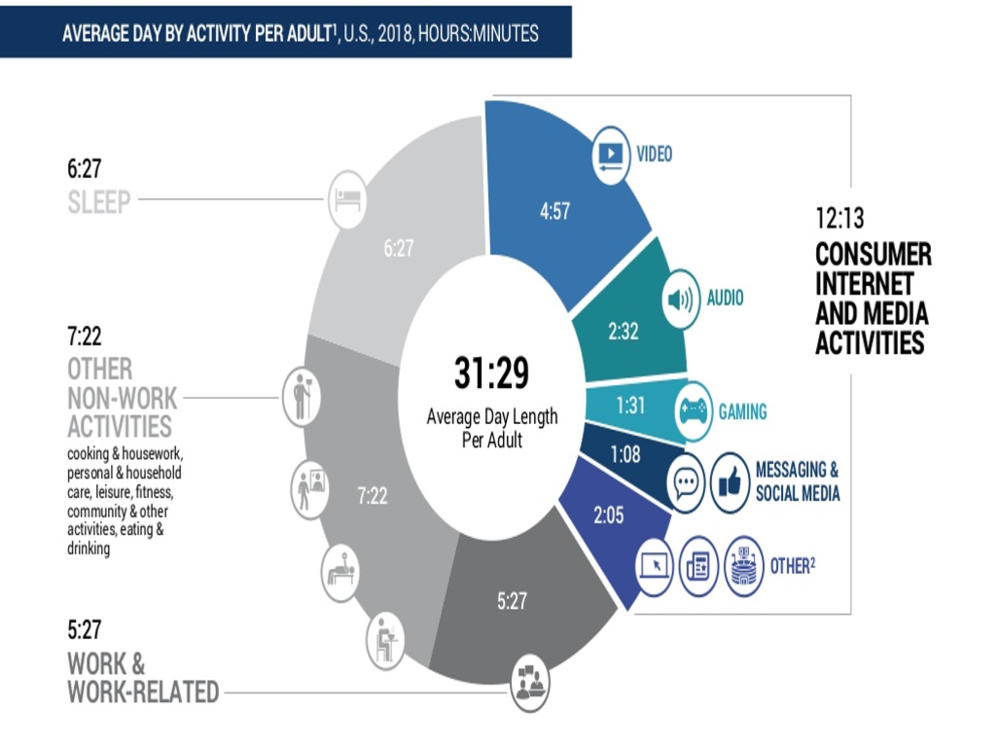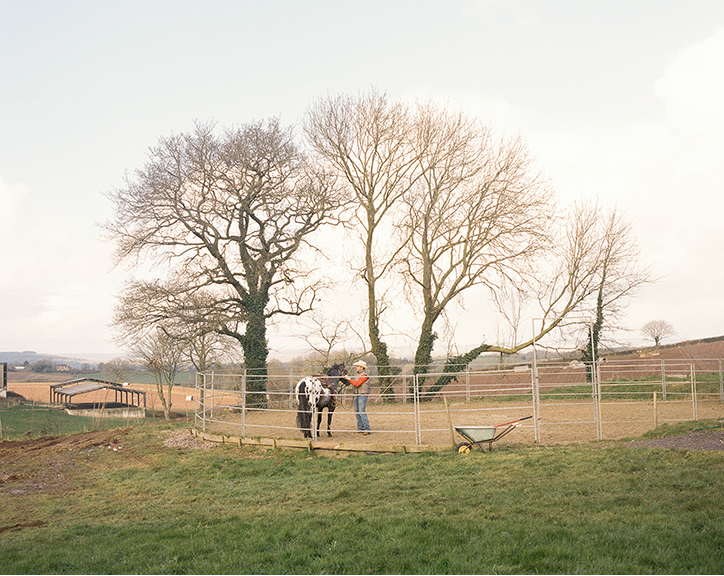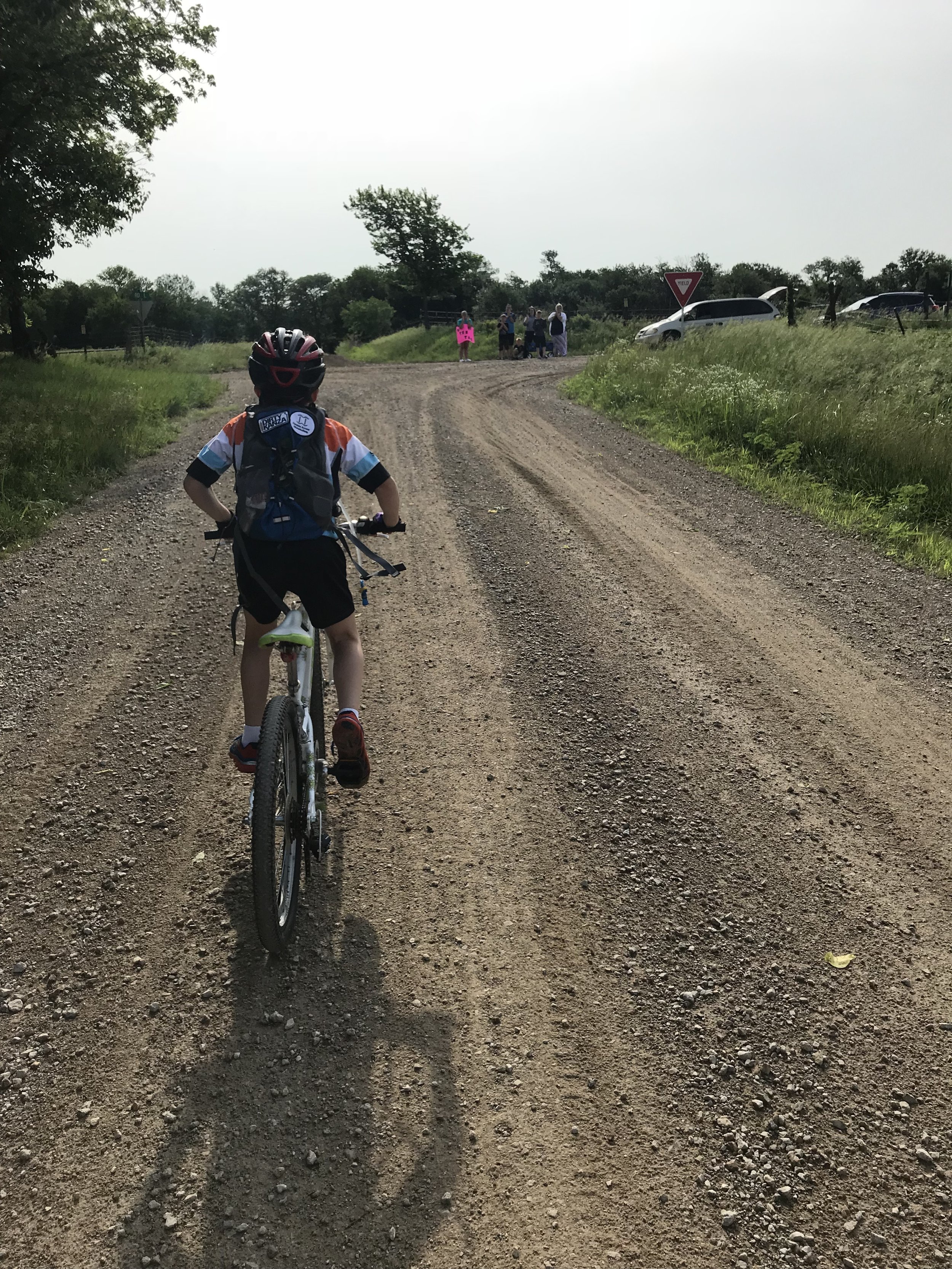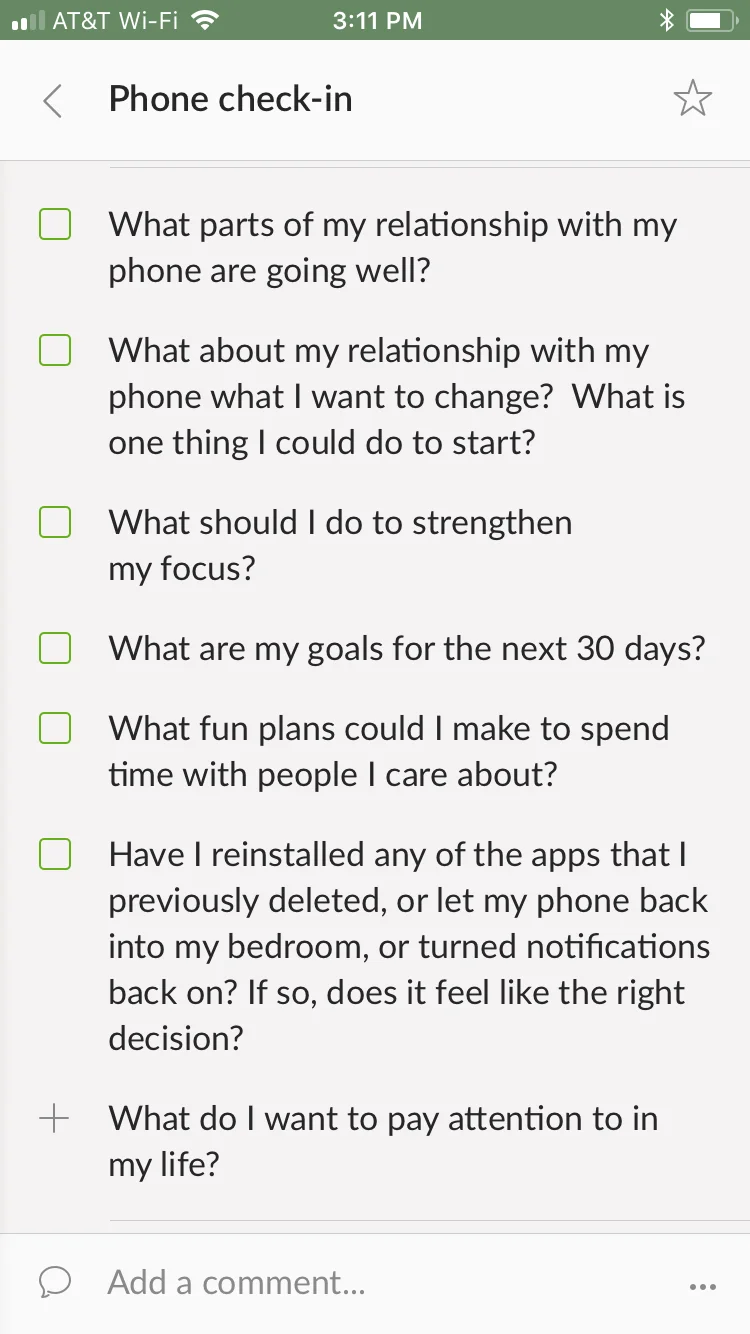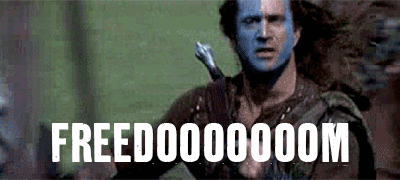We at KBGH get pitched a lot of apps. Apps for blood pressure, apps for blood sugars, apps for lab and imaging pricing. Lots of apps. In the roughly two years that the current staff has been at KBGH, I think pitches from outside companies have covered most of medicine in apps, save a few small nooks and crannies. I don’t think we’ve been pitched a fertility app yet, for example, but I might be mistaken. And this isn’t an ivory tower problem for us; we’re in on the creation of apps as well. We’re working with WSU’s College of Innovation & Design on a Rural Health Challenge to, in part, help connect rural patients with their doctors via technology. That technology may include smartphone apps since, according to a Cochrane review, there is “low-certainty evidence of the effects of mobile phone-delivered interventions to increase adherence to medication prescribed for the primary prevention of [cardiovascular disease].”
But, as we’ve blogged about before, your computer or smartphone may not be the most direct route to a healthy, happy life. Excess time on devices, particularly that spent on social media, may be bad for us and may paradoxically exacerbate loneliness and isolation. So how much of our medical care should run through our phones? I’m generally optimistic about the future of telemedicine, but I’m pessimistic about the attention economy, in which companies are incentivized to grab increasingly big chunks of our time.
Regardless of my opinion, though, people have thought hard about what should go into a good medical application. Here are four elements paraphrased from Swiss investigators Kenny R. Lienhard and Christine Legne:
Mobile medical apps should guide a patient through every step of instruction, setup, clinical measurement, and analysis and feedback. Imagine that you just downloaded an app to your smartphone to help communicate blood pressures to your doctor. The app shouldn’t just tell you how to send the blood pressure. It should give you instructions on the technique for where to place the cuff. It should provide feedback if it senses your technique is wrong, like if different readings get very different results. It should help you analyze the numbers; if your blood pressure is consistently high or low, it should prompt you to talk to your doctor about it.
The user interface should be adapted to cope with patients’ physical and cognitive restrictions. This goes without saying. The American Medical Association (AMA) recommends that health care materials be written at or below a sixth-grade reading level. But the interface should also account for people with impaired vision or hearing or differences in dexterity, to name a few.
A mobile medical app should build on a robust medical knowledge base, ensuring an evidence-based approach to mobile app design. This one is tougher because most of us–present company included–don’t necessarily know the ins and outs of app design. But manufacturers can search out the best medical advice for many circumstances and account for those in the testing of the app.
Mobile medical apps should facilitate both patients’ and physicians’ routines. This is crucial, and it applies directly to work we’ve done at KBGH. It is great to get blood pressure results to your doctor. But it’s even better if the app, upon seeing those blood pressure results, can make a treatment recommendation to your doctor. We call this “decision support.” The app may give bad advice once in a while, like recommending a thiazide diuretic for a gout patient, but making more sophisticated decisions is what the doctor is there for.
What experiences have you had with medical apps? Let us know!
As the Medical Director of the Kansas Business Group on Health I’m sometimes asked to weigh in on hot topics that might affect employers or employees. This is a reprint of a blog post from KBGH.

